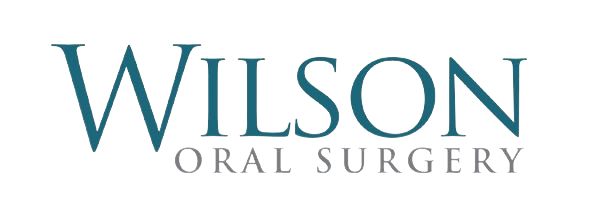Services
Tooth Extractions
Tooth extraction is a dental procedure in which a tooth is removed from its socket in the jawbone. This procedure is performed for various reasons, in...
All-on-4 Dental Implants
All-on-4 dental implants are an innovative solution for full-arch restoration, providing patients with missing teeth or those seeking an alternative t...
Wisdom Teeth Extraction
Wisdom teeth, also known as third molars, are the last set of molars to erupt in the back of the mouth, typically when the person is between the ages ...
Dental Implants
Dental implants are artificial tooth roots of titanium that are surgically placed into the jawbone beneath the gum line to support replacement teeth o...
Bone Grafting
Bone grafting is a surgical procedure by oral surgeons in Santa Maria, CA and Arroyo Grande, CA [/], that involves transplanting bone tissue to repai...
Oral Pathology
Oral pathology is a specialized field within dentistry and oral surgery [https://www.centralcoastoms.com/specialty/oral-surgery/] that focuses on the ...
WHY CHOOSE US?
Discover the Wilson Oral Surgery advantage! Nestled in the heart of the Central Coast, we're dedicated to guiding patients of all ages towards radiant, healthy smiles.Committed to providing meticulous, state-of-the-art treatment, we prioritize your comfort every step of the way.
Led by Dr. Tyler M. Wilson, DDS, our team boasts specialized expertise in pain management and advanced anesthesia techniques, ensuring your surgical experience is as comfortable as possible. From initial consultation to postoperative care, expect compassionate, personalized attention.
Our comprehensive services cater to patients across the Central Coast region, addressing a spectrum of oral health needs. Whether it's oral surgery, All-On-4 implants, or TMJ therapy, you can trust Dr. Wilson will deliver effective solutions tailored to you. Experience excellence in oral healthcare at Wilson Oral Surgery.
Arroyo Grande(805) 574-1200 Santa Maria
(805) 925-1440
Meet The Team

Tyler M. Wilson, DDS
After obtaining his dental degree, he began a four-year residency in Oral and Maxillofacial Surgery at Harbor-UCLA Medical Center in Torrance, California. His specialty training involved comprehensive experience in trauma, dentoalveolar surgery, TMJ, dental implants, bone grafting, oral pathology, and orthognathic surgery. He received his specialist certificate in 2008 and entered private practice in Santa Maria, where he specializes in dentoalveolar surgery, implants, bone grafting, and oral and maxillofacial pathology.
Book Your Appointment Today!
Request An AppointmentServing Our Communities
OUR LOCATIONS
2151 S College Dr., Suite 104, Santa Maria, CA 93455
Phone: (805) 925-1440
Email: info@centralcoastoms.com
- MON - THU8:00 am - 5:00 pm
- FRI8:00 am - 12:00 pm
- SAT - SUNClosed
- MON - THU8:00 am - 5:00 pm
- FRI8:00 am - 12:00 pm
- SAT - SUNClosed


